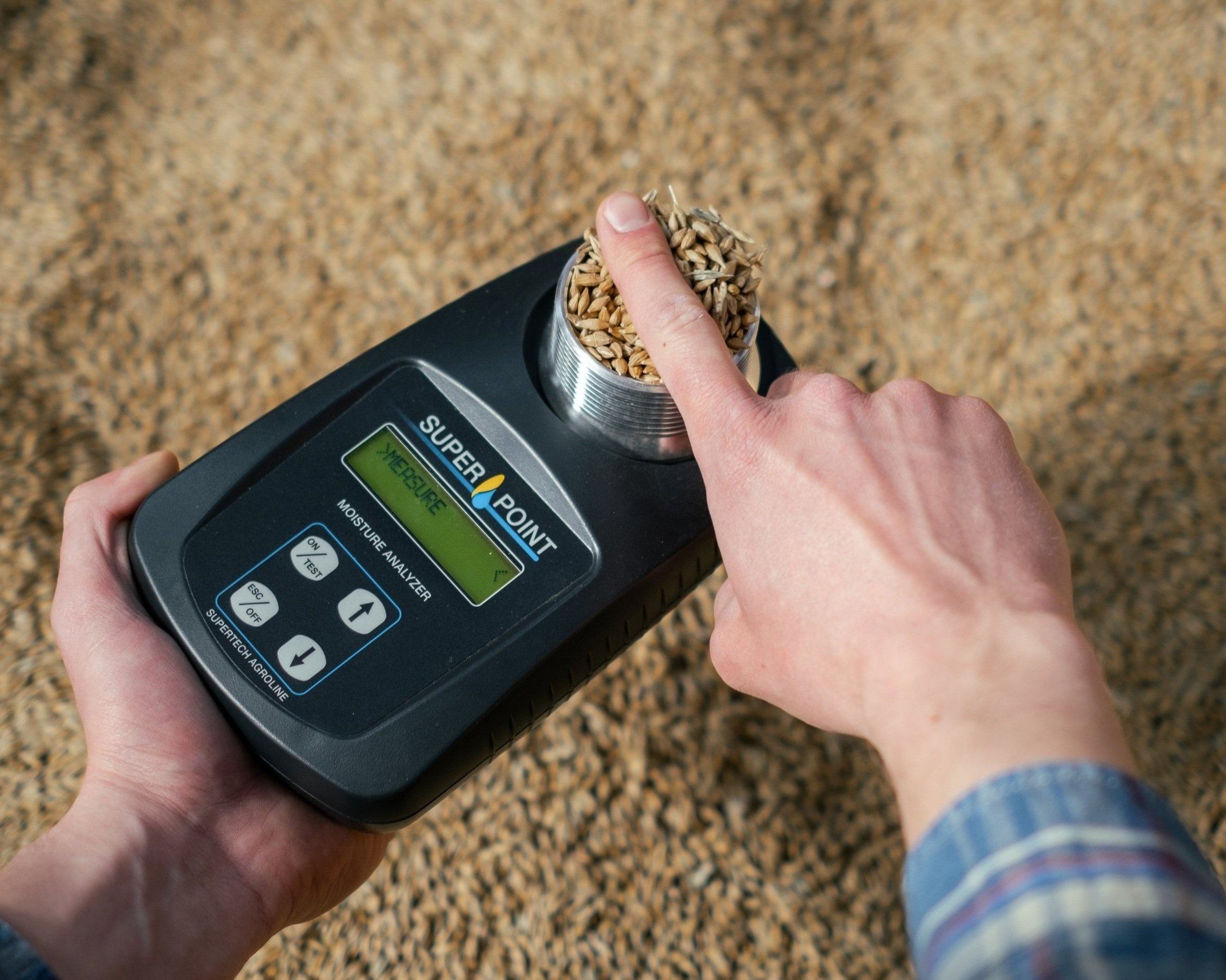Moisture Meter Reviews: Contrasting the Best Models for Professional and DIY Use
Moisture Meter Reviews: Contrasting the Best Models for Professional and DIY Use
Blog Article
The Ultimate Overview to Moisture Meters: A Comprehensive Summary and Exactly How They Can Save You Money
In the world of structure maintenance, building, and numerous industries, the significance of accurately measuring dampness levels can not be overstated. Wetness meters act as important devices in discovering and keeping an eye on moisture material in products, helping in avoiding expensive problems and making certain the quality of products. Comprehending the nuances of various sorts of dampness meters, their applications, and the potential cost-saving advantages they use can be a game-changer for experts and companies alike. Finding just how these devices can not just simplify procedures yet also add to economic cost savings is a trip worth starting.
Kinds Of Moisture Meters
Numerous kinds of moisture meters are available for different applications in numerous markets. One usual kind is the pin-type dampness meter, which determines the electrical resistance in between two pins placed into a material. This type is suitable for timber, drywall, and other structure materials. Pinless moisture meters, on the other hand, usage electromagnetic sensing unit plates to scan a larger area without triggering damage to the material's surface area. These meters are excellent for rapidly examining moisture degrees in large areas such as floors and wall surfaces.
Additionally, there are also specialty moisture meters made for certain materials like hay, dirt, or grain. These meters give exact wetness analyses tailored to the distinct residential or commercial properties of the material being checked. Infrared dampness meters measure the thermal residential properties of a product to determine its dampness material non-invasively, making them helpful for applications where pin or pinless meters may not appropriate. Recognizing the various kinds of dampness meters readily available can assist industries choose the most suitable device for their details wetness dimension needs.

Benefits of Using Moisture Meters

In addition, making use of wetness meters can cause boosted energy effectiveness. By determining locations with high moisture degrees, such as leakages or inadequate insulation, adjustments can be made to enhance power preservation and lower energy costs. In agricultural setups, moisture meters play a crucial function in enhancing plant returns by making it possible for farmers to keep track of dirt dampness degrees and make informed irrigation choices. Overall, the benefits of using moisture meters span throughout different markets, providing economical solutions and promoting far better top quality control techniques.
Exactly How to Choose the Right Moisture Meter
Selecting the proper moisture meter includes considering crucial aspects such as material compatibility, dimension variety, and calibration precision. When picking a moisture meter, it's necessary to guarantee that the meter appropriates for the certain product you will certainly be testing. Different products have differing electrical buildings that can influence wetness readings, so selecting a meter developed for your material is essential for exact results. Furthermore, take into consideration the measurement range of the moisture meter. Guarantee that the meter can spot moisture levels within the array required for your applications. Calibration precision is one more critical aspect to bear in mind (Moisture Meter). Decide for a wetness meter with dependable calibration to ensure exact and constant readings. Some meters might call for periodic calibration modifications, so understanding the calibration process is necessary. By very carefully assessing these aspects, you can select a moisture meter that fulfills your demands and supplies exact moisture measurements for your jobs.
Correct Techniques for Moisture Meter Use
To ensure exact dampness readings and make best use of the efficiency of a wetness meter, using appropriate strategies is crucial. When making use of a pin-type moisture meter, place the pins or probes right into the product being evaluated until they make full call. By adhering to these proper strategies, users can count on their wetness meter to provide reliable wetness levels, assisting in stopping expensive damages or making sure top quality in different applications.

Cost Financial Savings Through Moisture Meter Applications
How can the strategic use of dampness meters lead to considerable expense financial savings throughout numerous sectors? In the agriculture sector, wetness meters help in figuring out the optimum time for gathering plants, preventing over-drying or excess moisture that can impact click here for more info the last item's quality.

In addition, in the food handling sector, moisture meters are essential for keeping track of product useful link quality and making sure compliance with safety and security policies. By accurately gauging moisture material in foodstuff, manufacturers can avoid perishing, preserve freshness, and reduce waste, causing significant expense financial savings. In general, the critical application of dampness meters is a useful financial investment that can result in significant cost decreases and enhanced efficiency throughout numerous sectors.
Final Thought
In final thought, wetness meters are beneficial tools for detecting and determining moisture degrees in various products. By using the ideal dampness meter and adhering to appropriate strategies, individuals can successfully stop pricey problems triggered by excess dampness.
Wetness meters serve as important devices in detecting and checking moisture material in products, assisting in preventing expensive problems and making certain the high quality of products. Infrared moisture meters gauge the thermal buildings of a product to establish its dampness web content non-invasively, making them useful for applications where pin or pinless meters may not be appropriate.Wetness meters provide indispensable advantages in properly keeping an top article eye on and evaluating wetness degrees in diverse products and environments. In agricultural settings, wetness meters play an essential function in maximizing crop yields by allowing farmers to monitor dirt moisture degrees and make informed irrigation decisions.In conclusion, moisture meters are important tools for measuring and detecting wetness levels in various materials.
Report this page